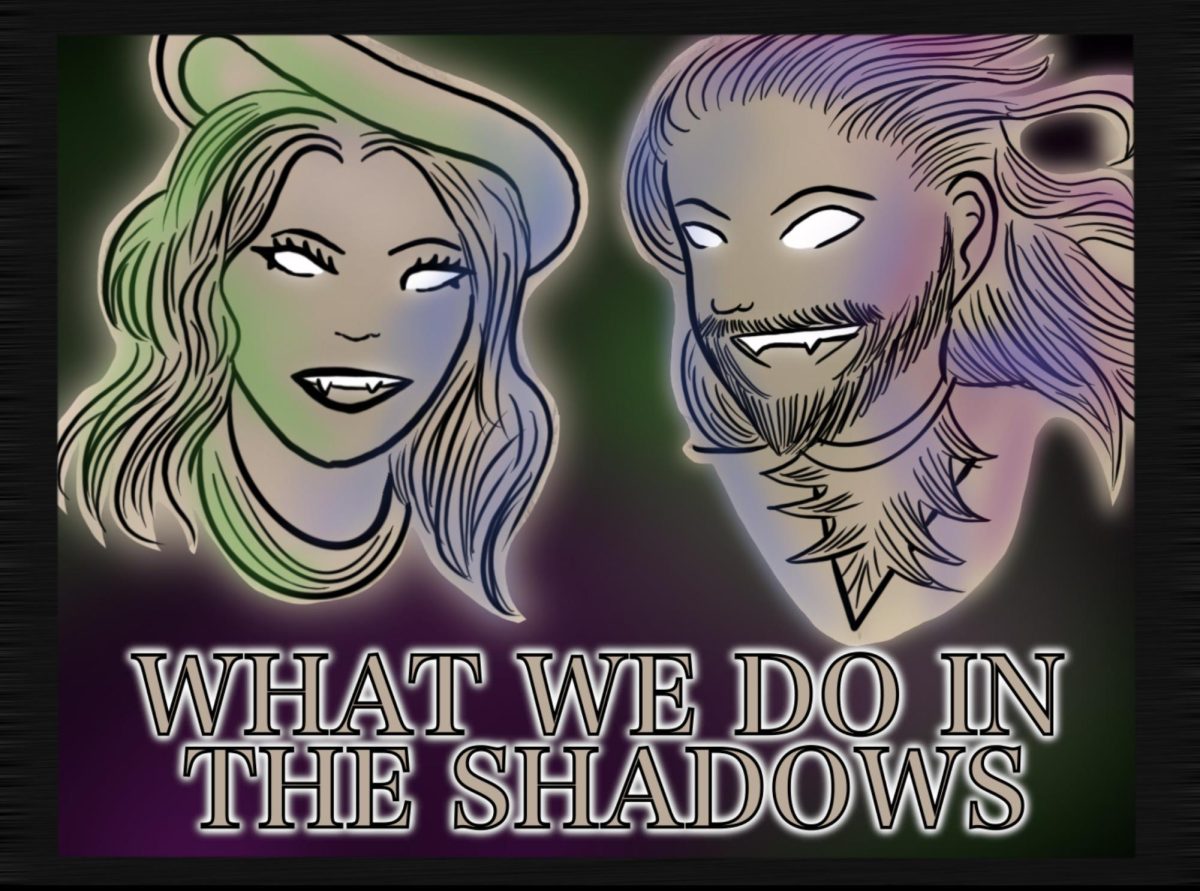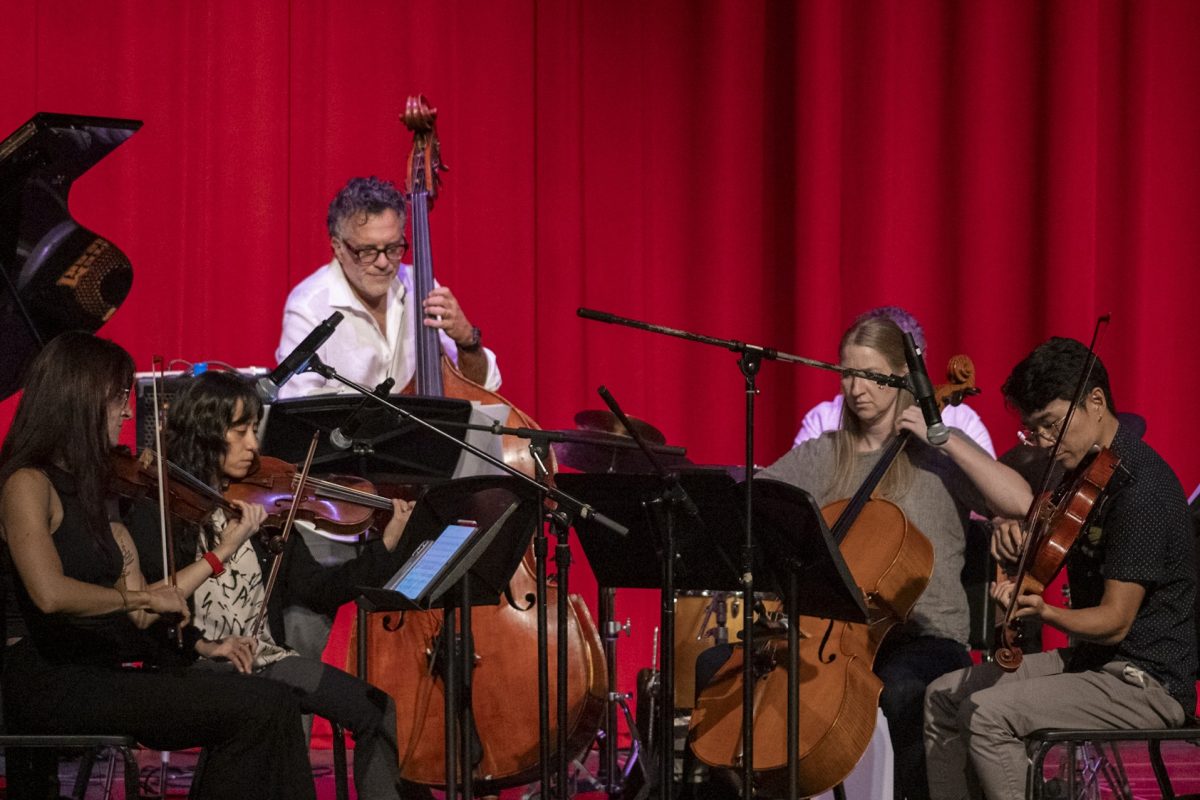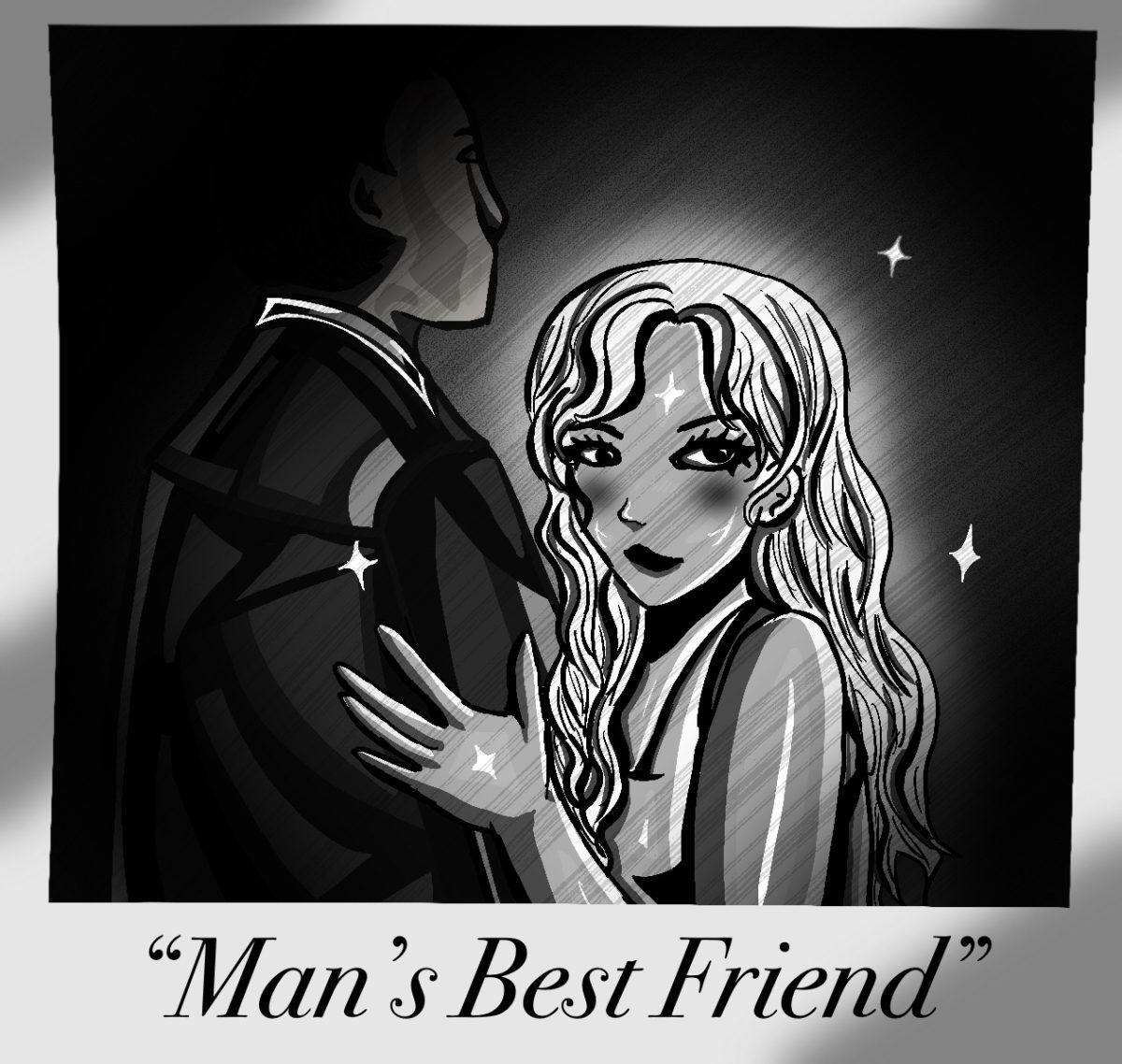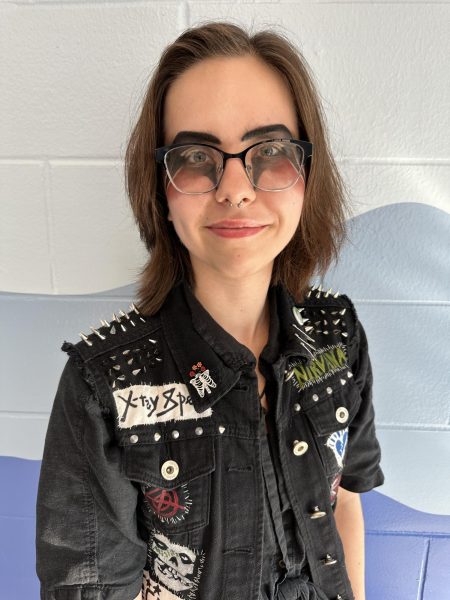When I hear about Staten Island, I immediately think of vampires.
Seems like an odd association to make, right? However, this peculiar concept of vampires living in New York City finds itself hilariously explored in the FX mockumentary series “What We Do in the Shadows,” and on Dec. 16, 2024, the show released its series finale episode. Although it delivered with comedy and heart, it visibly bled as an amalgamation of season six’s unfortunate fatal flaw.
Based on Taika Waititi’s 2014 movie of the same name, “What We Do in the Shadows” follows the vampires Nandor, Nadja, Laszlo and Colin Robinson living in the modern day. Their human familiar, Guillermo, finds himself constantly dealing with their kooky antics, and in the newest and final season, he particularly focuses on trying to balance this chaos with a “normal” lifestyle and job. Quite the limbo to be stuck in, I know!
As expected, “What We Do in the Shadows” successfully weaved in its quirky humor throughout the season. The ending to Colin Robinson’s speech about his journey in gaining a “found family” genuinely caught me off guard with its twist, and Baron Afanas, a vampire who mostly appeared in the earlier seasons, stole the show as usual with his silly yet serious personality. I never found myself truly bored with the group’s ridiculous high jinks — their dialogue was too fun to pass up.
However, underneath the abundance of jokes, a much larger problem festered: Season six continuously failed to provide payoff for character arcs.
The most obvious instance arose between the characters Nandor and Guillermo. The bond between the two drove a sizable chunk of the actual plot, and the show regularly implied — and even outright stated in certain scenes — that there were more feelings in this friendship than just platonic. Nevertheless, “What We Do in the Shadows,” despite priding itself on having LGBTQ+ representation, never followed through or even addressed this major, canon storyline.
Actually, it did something even worse; in the final episode, Nadja “hypnotized” the audience into seeing one of three alternate parody scenes, and one of them showed Nandor and Guillermo being a sitcom couple as a quick gag. This left a bad taste in my mouth, as it directly made fun of many fans — specifically LGBTQ+ ones — who had hoped for these canonically LGBTQ+ characters to talk about how they felt. Nandor also suddenly gained a crush on another vampire, The Guide, out of nowhere, and nothing happened between her and Nandor, either! Shows cannot pride themselves on being good representations of marginalized communities just to use this representation as bait or a punchline for years on end. While “What We Do in the Shadows” did not technically “queerbait” the audience, it definitely made an adjacent move and pushed the notion that LGBTQ+ relationships do not deserve actual screen time.
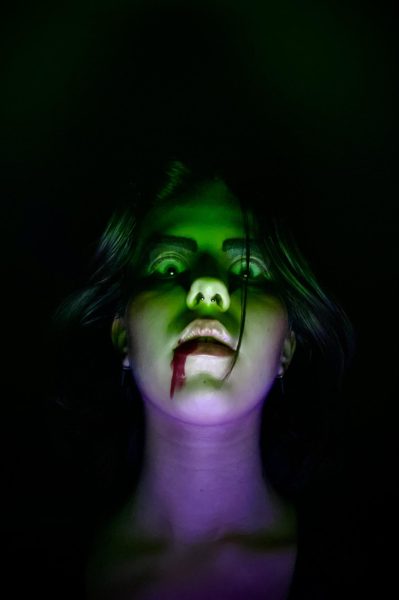
Another example of destroying audience anticipation came from the newly introduced character, Cravensworth’s Monster. Laszlo created a human in a Frankenstein-esque manner, but this character had no larger conclusive moment or purpose by the end of the season. Why add him only for nothing important to occur? Putting in so much effort just to let it crumble felt like a major waste of his true potential.
Oh, and do not forget the other new character, Jerry! Wait, who is Jerry, again? What did he do? That is right: nothing memorable nor impactful. Adding more and more new characters with undeveloped storylines while simultaneously neglecting the older ones created a tough watch for dedicated fans. Nadja, my personal favorite, felt a bit more dumbed down and less tough compared to before. That is not to say she was the brains of the group, but she often carried more common sense than the other vampires, and I miss that. I mourn that these characters never got their full circle endings instead of the show attempting to keep things fresh.
I wanted to love season six of “What We Do in the Shadows” so badly, as the series holds a special place in my spooky heart. I did find some base level enjoyment out of it; however, after I clicked off the TV and sat in darkness, I found myself deeply disappointed. Almost every plotline that the show hyped up for ages fell flat. Sure, the point of the season finale was that these characters would still continue on with their lives, but including payoff — happy or otherwise — remains necessary for any satisfying ending, and this one was way too open-ended and messy to work.
Well, I guess it is time to come back from the shadows with an eternally dimmed spirit and lowered expectations. Now we finally know what they do, but at what cost?


